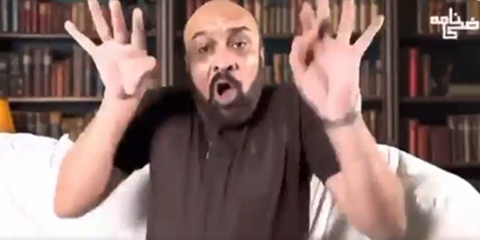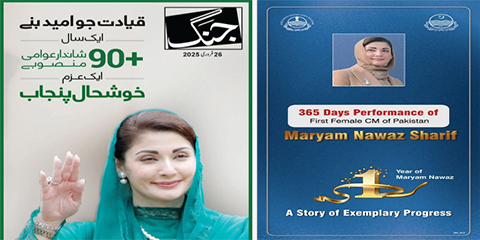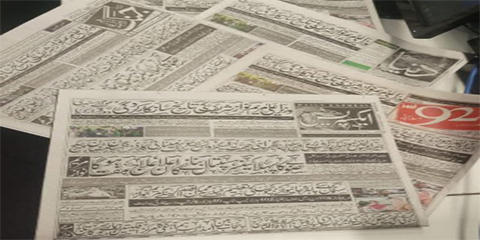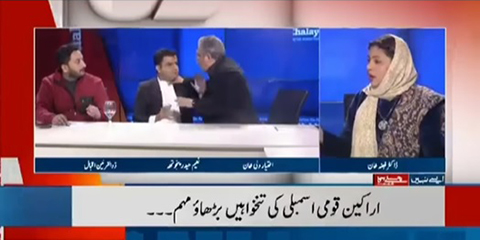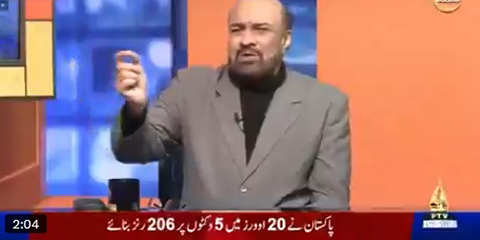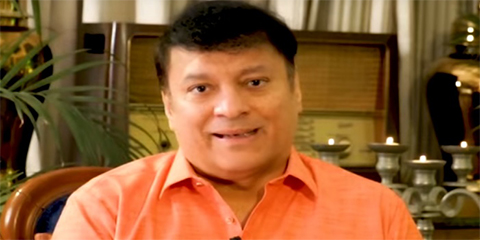Unethical reporting: Suno TV targets Matiullah Jan amid controversial arrest
JournalismPakistan.com | Published: 29 November 2024 | JP Special Report
Join our WhatsApp channel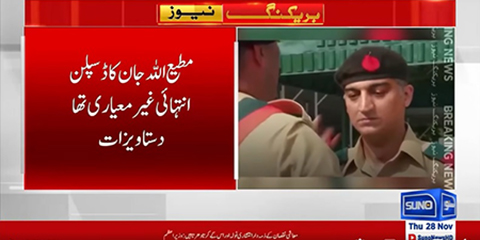
Suno TV has been criticized for a smear campaign against Matiullah Jan, a senior journalist recently arrested. This incident highlights serious ethical issues within Pakistani media.Summary
ISLAMABAD—In a distressing display of unethical journalism, Suno TV has come under fire for broadcasting a smear campaign against senior journalist Matiullah Jan, who was abducted in Islamabad and later controversially arrested earlier this week.
The channel in a 'breaking news' labeled Jan as a "self-proclaimed YouTuber," presenting allegations about his personal and professional background, including claims that he was expelled from the Pakistan Military Academy (PMA) in 1988 for poor performance and bad character. Suno TV further claimed that Jan's alleged dismissal from the academy left him with lingering guilt and psychological issues, citing unverifiable "documents" and unnamed sources to bolster its narrative.
This propaganda raises critical questions about the ethical responsibility of media outlets in Pakistan. Matiullah Jan, a respected journalist known for his fearless reporting on sensitive issues, was abducted under dubious circumstances and subsequently arrested on controversial charges. Instead of focusing on the legal and human rights aspects of his case, Suno TV chose to malign his reputation by airing defamatory content.
The timing of this smear campaign is particularly troubling. Jan's abduction and arrest have already raised alarms among press freedom advocates. By targeting him with such sensational reporting, Suno TV appears to undermine journalistic solidarity and embolden forces that seek to suppress independent voices in the country.
Media ethics demand that journalists and media organizations exercise caution and integrity, particularly when covering issues involving press freedom and human rights. Yet, Suno TV's actions reflect the growing trend of gutter journalism in Pakistan, where sensationalism often takes precedence over truth and accountability.
Press freedom organizations have condemned Jan's abduction and arrest as a blatant attack on independent journalism. This smear campaign not only adds insult to injury but also distracts from the urgent need for a transparent investigation into the circumstances surrounding Jan's detention.
The Pakistan Federal Union of Journalists (PFUJ) has also raised concerns about such practices, warning that the misuse of media platforms to malign journalists threatens the credibility of the profession as a whole.
As Matiullah Jan remains in custody, his supporters and advocates for press freedom urge the authorities to uphold the principles of justice and ensure his safety. Meanwhile, Suno TV's smear campaign stands as a grim reminder of the ethical decay within segments of the country's media landscape.
KEY POINTS:
- Matiullah Jan was controversially arrested after being abducted in Islamabad.
- Suno TV labeled him as a 'self-proclaimed YouTuber' and aired defamatory claims.
- Press freedom advocates have condemned the station's unethical reporting.
- The incident raises significant concerns about the integrity of media in Pakistan.
- The Pakistan Federal Union of Journalists warns against the erosion of journalistic standards.



